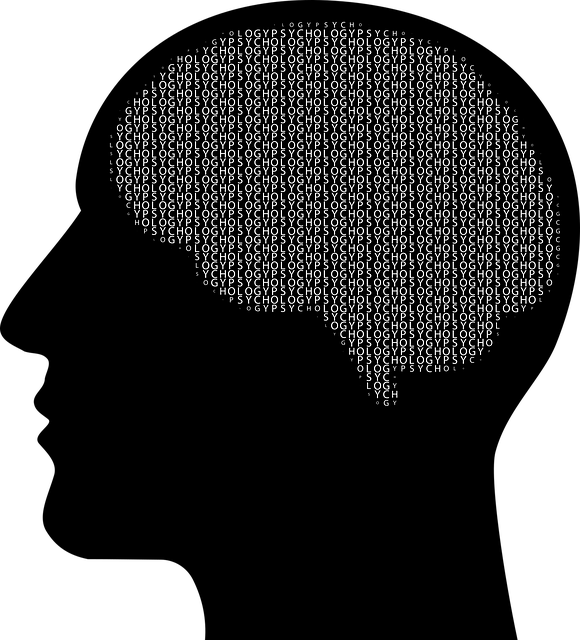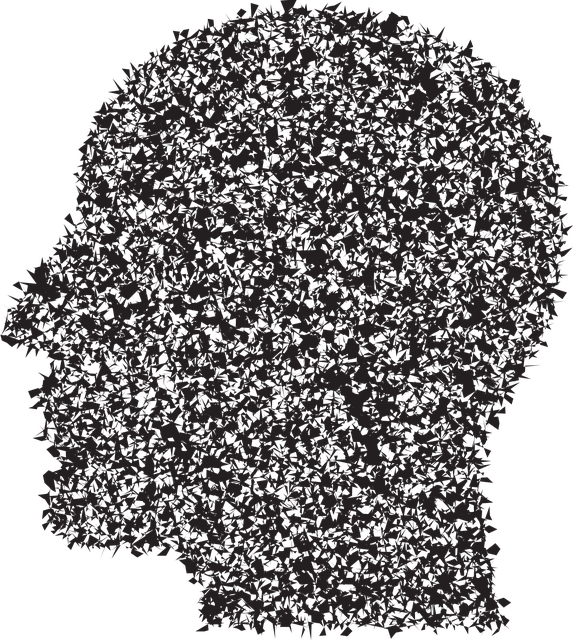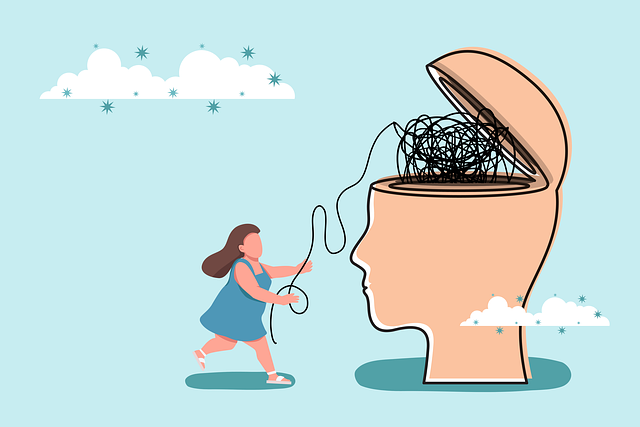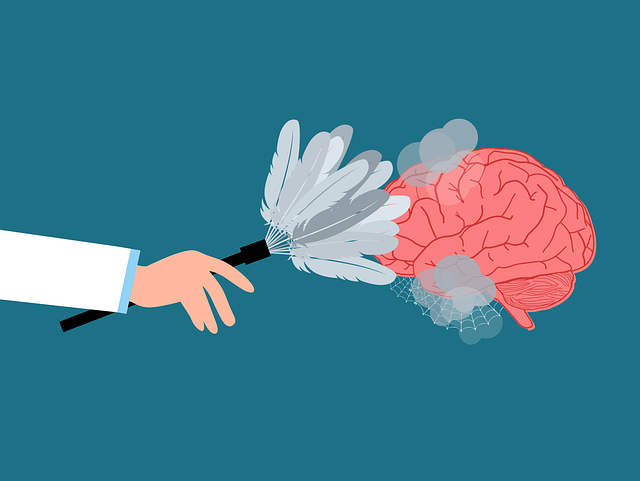Colorado Springs offers specialized therapy for Dissociative Disorder (DD), featuring evidence-based approaches like CBT, exposure therapy, and mental wellness coaching. Diagnosis involves DSM-5 criteria assessment by professionals. Self-care routines, including journaling, enhance emotional intelligence and healing. Social skills training and public awareness campaigns further support recovery and reduce stigma, emphasizing early intervention for improved outcomes.
Mental illness, especially dissociative disorder, can be a complex journey. This comprehensive guide aims to illuminate the path through diagnosis and treatment in Colorado Springs. We explore the subtle symptoms and diagnostic process, emphasizing the transformative power of therapy.
From navigating support systems to building resilience, this article equips you with knowledge. Discover practical strategies for managing dissociative disorder and learn how Colorado Springs’ therapeutic resources can offer a beacon of hope.
- Understanding Dissociative Disorder: Symptoms and Diagnosis
- The Role of Therapy in Colorado Springs for Dissociative Disorder
- Navigating Treatment Options and Support Systems
- Building Resilience: Strategies for Coping with Dissociative Disorder
Understanding Dissociative Disorder: Symptoms and Diagnosis

Dissociative Disorder (DD) is a complex mental health condition characterized by disruptions in an individual’s sense of identity and reality. It often involves a disconnection from one’s thoughts, feelings, memories, or even parts of the body. In Colorado Springs, those seeking therapy for DD can find specialized care to navigate this challenging disorder.
Symptoms may include depersonalization, where individuals feel detached from themselves, and derealization, leading to a distorted sense of reality. Diagnosis typically involves a comprehensive assessment by mental health professionals who consider various factors. This process includes reviewing personal history, conducting psychological tests, and observing symptoms. The American Psychiatric Association’s Diagnostic and Statistical Manual (DSM-5) provides criteria for diagnosing DD, ensuring a consistent approach to identification. Beyond Colorado Springs Dissociative Disorder Therapy, establishing a robust self-care routine can complement treatment, fostering emotional intelligence and facilitating emotional healing processes.
The Role of Therapy in Colorado Springs for Dissociative Disorder

In Colorado Springs, specialized therapy plays a pivotal role in addressing Dissociative Disorder, offering individuals dedicated support and effective treatment options. This type of therapy focuses on helping patients navigate and overcome their symptoms, which often include fragmented memories, identity issues, and disassociation from reality. Through evidence-based practices, therapists guide clients towards healing and restoration. Cognitive Behavioral Therapy (CBT), for instance, equips individuals with coping mechanisms to manage stress and triggers effectively.
Integrating self-care routines developed through therapy into daily life is instrumental in sustaining mental wellness. This includes journaling exercises that encourage reflection and emotional processing, serving as a powerful tool for tracking symptoms, identifying stressors, and cultivating resilience. By combining these strategies with professional guidance, individuals affected by Dissociative Disorder in Colorado Springs can achieve significant improvements in their overall mental health and quality of life.
Navigating Treatment Options and Support Systems

Navigating treatment options for mental health conditions can be a daunting task. In Colorado Springs, individuals seeking help for dissociative disorder or other complex issues often find a wealth of resources available. Dissociative disorder therapy, specialized in treating this unique condition, offers techniques to help patients manage their symptoms and regain control. This may involve exposure therapy, cognitive behavioral therapy (CBT), or other evidence-based practices tailored to the individual’s needs.
Support systems play a crucial role in recovery. Social skills training can be particularly beneficial for those with dissociative disorders, helping them build healthy relationships and improve communication. Beyond specialized therapy, general mental health awareness initiatives in Colorado Springs promote early intervention and reduce stigma, ensuring individuals feel empowered to seek help. Depression prevention programs also contribute to overall well-being, as depression often co-occurs with dissociative disorders.
Building Resilience: Strategies for Coping with Dissociative Disorder

Building resilience is a crucial aspect of managing dissociative disorder, a complex mental health condition that often requires specialized care in Colorado Springs Dissociative Disorder Therapy. This journey involves developing effective coping strategies to navigate the challenges associated with dissociation. One powerful tool for individuals with dissociative disorders is mental wellness coaching. These programs focus on enhancing self-awareness and providing tailored techniques to improve communication strategies, which are essential for managing symptoms. By participating in structured coaching sessions, individuals can learn to identify triggers, develop healthy coping mechanisms, and enhance their overall mental wellness.
Public awareness campaigns development has also played a significant role in destigmatizing dissociative disorders and encouraging early intervention. These campaigns aim to educate the community about the signs and symptoms, fostering an environment where those affected feel supported. Through increased understanding, individuals can seek necessary assistance, such as specialized therapy or support groups, thereby promoting better outcomes and improved quality of life for those navigating this disorder.
In navigating the complexities of dissociative disorder, individuals in Colorado Springs can find hope and healing through specialized therapy and a robust support system. By understanding the unique symptoms, exploring diagnostic procedures, and embracing available treatment options, those affected can build resilience and effectively manage their condition. The journey to recovery is possible with the right guidance, fostering a brighter future free from the confines of dissociation.














